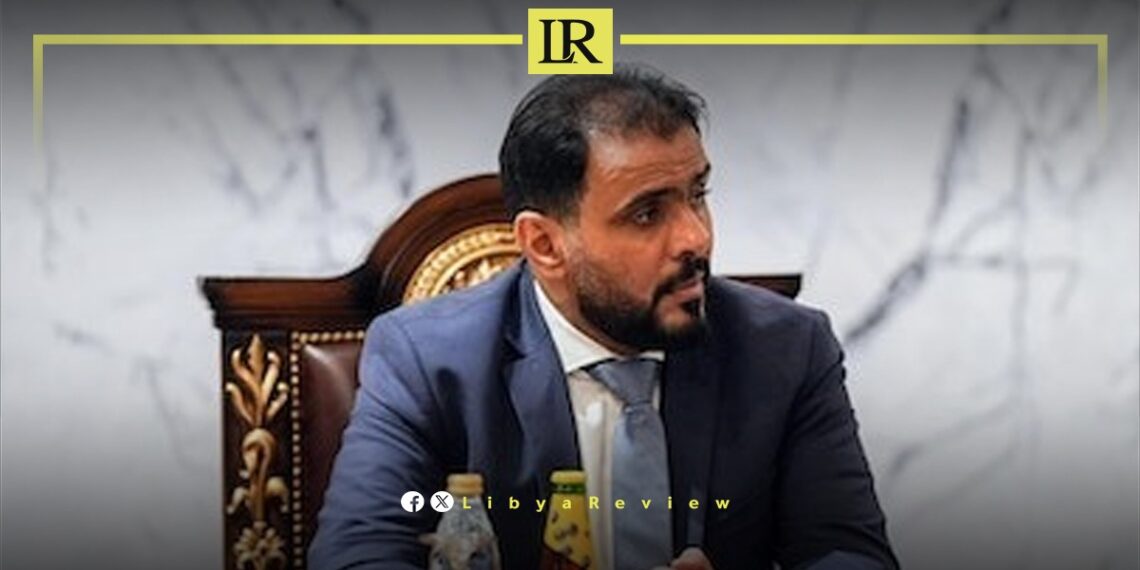Prime Minister of the Libyan Government-designate Osama Hammad stated at the Benghazi Summer Festival that the government, since assuming its duties, has prioritized supporting efforts to organize religious competitions and events, as well as cultural, artistic, and sports gatherings.
Hammad added that the diverse cultural, sports, and artistic activities include theatrical performances and a book fair, with significant participation from numerous publishing and distribution houses, as well as a Libyan heritage exhibition that highlights Libyan values and popular heritage.
He continued by saying that the government has worked to support all programs and efforts aimed at raising public awareness among the youth. This includes organizing international Quranic recitation competitions, which have attracted competitors from several countries, along with various sports activities.
Libya has been in chaos since a NATO-backed uprising toppled longtime leader Muammar Gaddafi in 2011. The county has for years been split between rival administrations.
Libya’s economy, heavily reliant on oil, has suffered due to the ongoing conflict. The instability has led to fluctuations in oil production and prices, impacting the global oil market and Libya’s economy.
The conflict has led to a significant humanitarian crisis in Libya, with thousands of people killed, and many more displaced. Migrants and refugees using Libya as a transit point to Europe have also faced dire conditions.
The planned elections for December 2021 were delayed due to disagreements over election laws and the eligibility of certain candidates. This delay has raised concerns about the feasibility of a peaceful political transition.
Despite the ceasefire, security remains a significant concern with sporadic fighting and the presence of mercenaries and foreign fighters. The unification of the military and the removal of foreign forces are crucial challenges.


